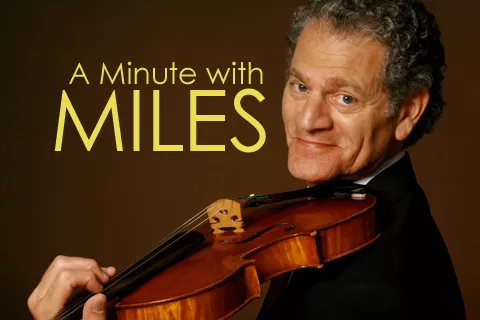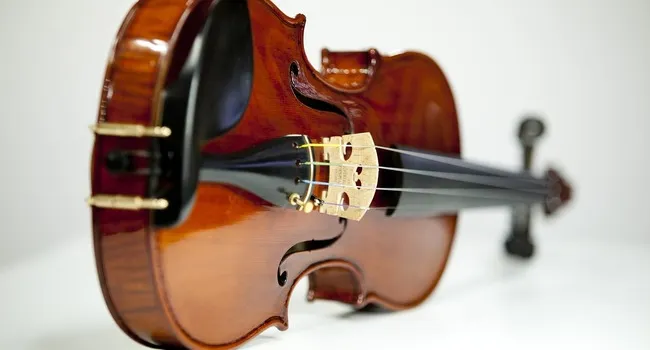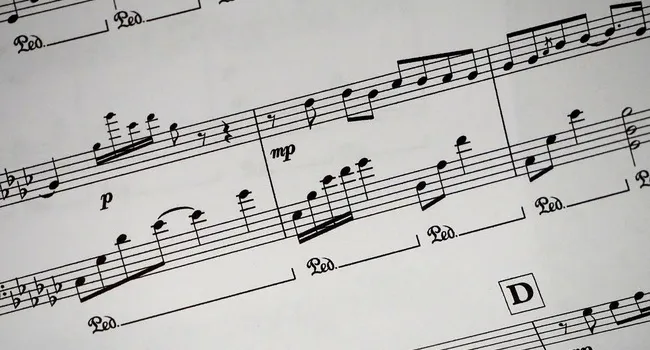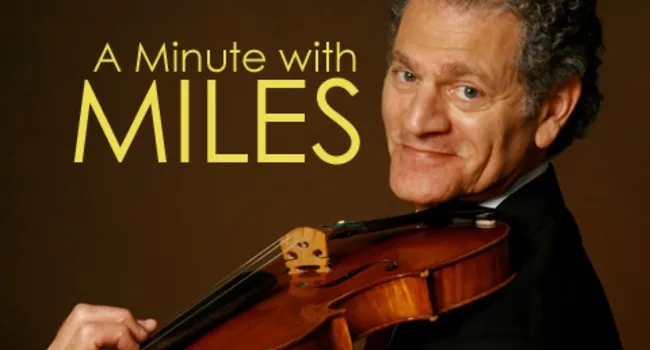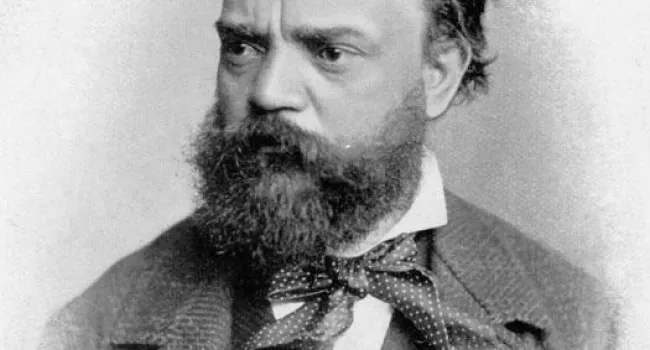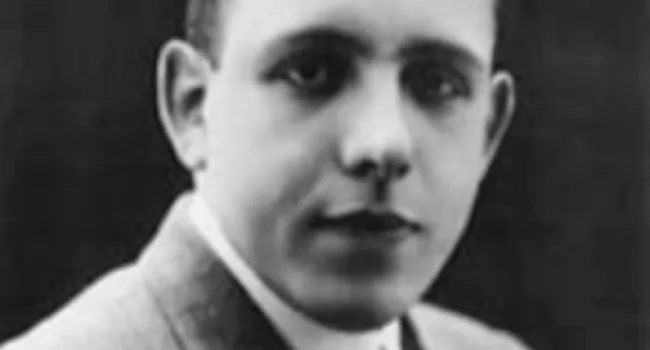
Violin Family I | A Minute with Miles
Episode
1
Audio
Have you ever wondered how the violin came to play such an important role in the history of classical music? Well, it starts with singing. The invention of opera, in late 16th century Florence, marks...